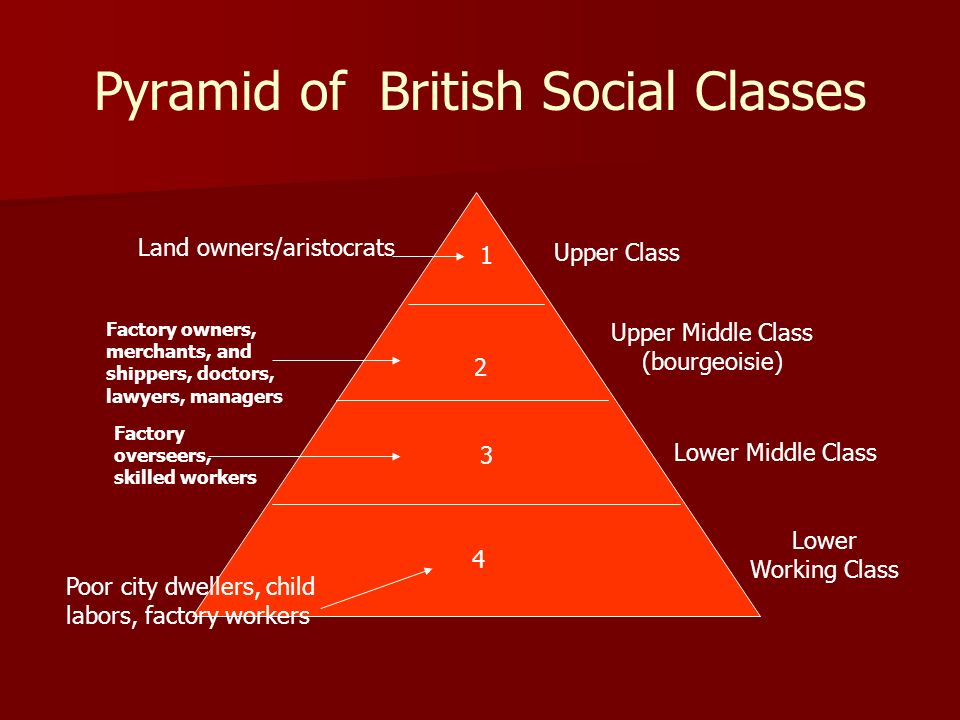Living conditions were often very bad
- the revolution here was urbanization
- cities grew rapidly and neither physical
infrastructure nor social infrastructure kept up with the
increasing population
- in some areas 1/2 to 3/4 of worker families lived in
cheaply constructed housing with one room per family often
with a dirt floor and no plumbing (dumped their chamber
pot into the street or gutter), or at best with a pit
toilet in the courtyard Engels
on
conditions in Manchester
- at best cities provided public water pumps every
block or so (image to right), but the water from which
these drew was sometimes contaminated with feces
- in other cases water came from the same rivers into
which the gutters drained sewage
- conditions in the industrial cities were so unhealthy
that more than half of children died before their 5th
birthday
- for examples see Living
and
Working Conditions in the Industrial Revolution
Families: This was a whole new way of life
- factory jobs tended to be less physically strenuous
and easier to learn, therefore considered suitable for
women and children
- an 1835 factory report found 43% of the workers were
under 18 (source)
- another study estimates that in 1833 10-20% of
workers in textile factories were children under the age
of 13
- "According to the British Census, in 1841 the three
most common occupations of boys were Agricultural Laborer,
Domestic Servant and Cotton Manufacture with 196,640;
90,464 and 44,833 boys under 20 employed, respectively.
Similarly for girls... in 1841, 346,079 girls were
Domestic Servants; 62,131 were employed in Cotton
Manufacture and 22,174 were Dress-makers." (source)
Domestic servants usually worked 80 hours a week and might
get room and board but very little pay.
- women and children were paid less than men so they
were hired for the easier jobs
- children has always helped their parents with work,
so that transferred to children
working in factories
- wages were barely enough for a family to survive if
all members over the age of 8 worked
- in 1840 only 20% of the children in London had any
schooling
- video: The
Children Who Built Victorian Britain
- confusing new way of life
- welfare (support for people who can't support
themselves) was the poor house system, very bad conditions
- workers create fraternal organizations to provide
burial insurance--this is a beginning of factory workers
organizing
so who benefits and who is harmed by industrialization

- does everyone get a share of the new wealth?
- it varies, but craft workers replaced by factories
lose out most
- in the first phase (1800-1850) factory workers did
not benefit much
- what was the impact of the new way of life that
resulted from industrialization
- initially there was very little protection for
workers
- the new way of life disrupted people's lives in
confusing ways
Allen concludes that economic and technological progress
always means substantial groups of people lose out: today
economists sometimes speak of this as creative
destruction
- new ways (technologies, economic organization...)
necessarily replace old ways
- people who are tied into the old ways will be harmed
by the change
- consider the transition from gasoline to electric
powered automobiles
What are the revolutions here?
- Urbanization
- social revolution of different balance between the social
classes
- revolution in the nature of work--factory work
- revolution in family structure





